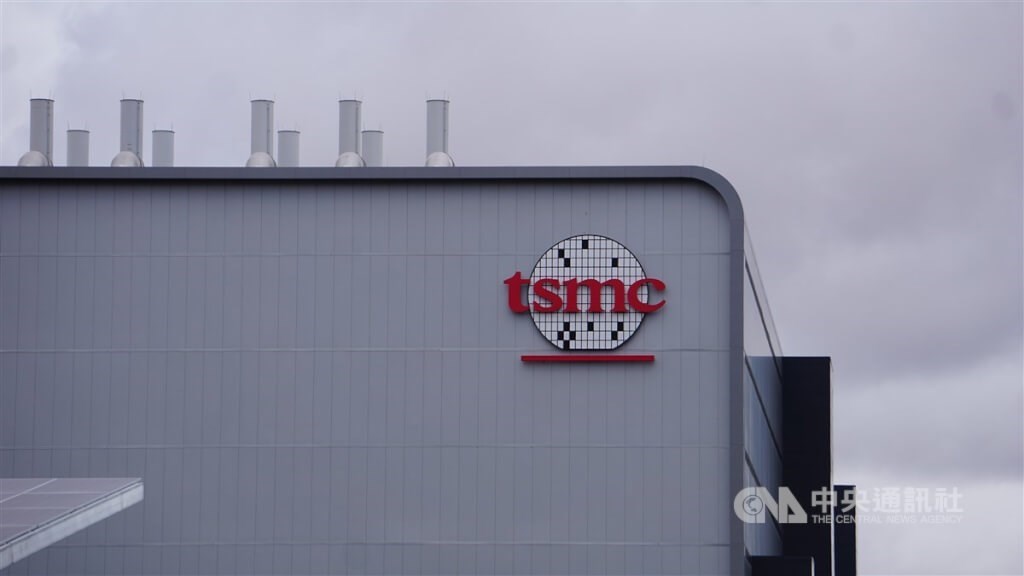Taipei, April 29 (CNA) Taiwanese suppliers to Taiwan Semiconductor Manufacturing Co. (TSMC) are expected to follow the contract chipmaker’s step to invest in the United States but their relocation may be seven to eight years away, Economics Minister Kuo Jyh-huei (郭智輝) said Tuesday.
When asked by opposition Kuomintang (KMT) lawmaker Niu Hsu-ting (牛煦庭) in the Legislature about growing concerns that TSMC’s huge investments in the U.S. market will prompt its suppliers to follow suit, Kuo said based on the chipmaker’s current limited production volume, it is unlikely to lead its supply chain to go there for now.
“Unless TSMC completes its planned six wafer fabs in the U.S. market to boost production sharply, its supply chain is not expected to go there to serve it now,” Kuo said,”their relocation may be seven to eight years away,” Kuo said.
In March, TSMC pledged it will pour additional US$100 billion into the U.S. state of Arizona over the next few years to build three more advanced wafer fabs, two sophisticated IC assembly plants and one research and development center amid tariff threats posed by the Trump administration.
Currently, TSMC is investing US$65 billion to build three wafer fabs with the first having entered production in 2024 and the second slated to begin commercial production by 2028. The chipmaker is seeking to break ground on a third fab as soon as possible.
Despite the extra US$100 billion pledge, U.S. President Donald Trump still slapped sweeping reciprocal tariffs on April 2 on countries that have higher trade surpluses with Washington, including Taiwan, which faces a 32 percent duty.
The White House announced a 90-day pause on the new measures on April 9, with a 10 percent duty applied to all countries except China, to allow its trading partners to negotiate for a lower levy.
Echoing Kuo, Premier Cho Jung-tai (卓榮泰) told lawmakers that the Executive Yuan has discussed with suppliers of chemical materials to TSMC and become aware that the chipmaker’s production volume in the U.S. market is currently not high enough for them to go there but as long as production expands to a certain extent, these suppliers will consider investing in the U.S. market.
In addition to the possible relocation of TSMC’s suppliers, Kuo said other industries such as printed circuit board makers and server producers are able to expand production capacity in their existing plants in the U.S. to meet growing demand from American clients.
At a time when news media reported the U.S. government may force appreciation of the Taiwan dollar against the U.S. dollar under Trump’s “Mar-a-Lago Accord” to boost competitive edge of goods made in the U.S., Cho said although the Taiwan dollar stayed stable in a long run, how to maintain the stability of the foreign exchange rate could be a big challenge to the government.
The premier said the central bank has studied every possible scenario about the forex market carefully and will seek an appropriate time to tell the public the worst scenario.
The Taiwan Institute of Economic Research (TIER), one of the leading think tanks in the country, warned last week that Trump may wage currency wars after the tariff threats.
TIER urged Taiwanese businesses to hedge against the possible appreciation of the Taiwan dollar.
